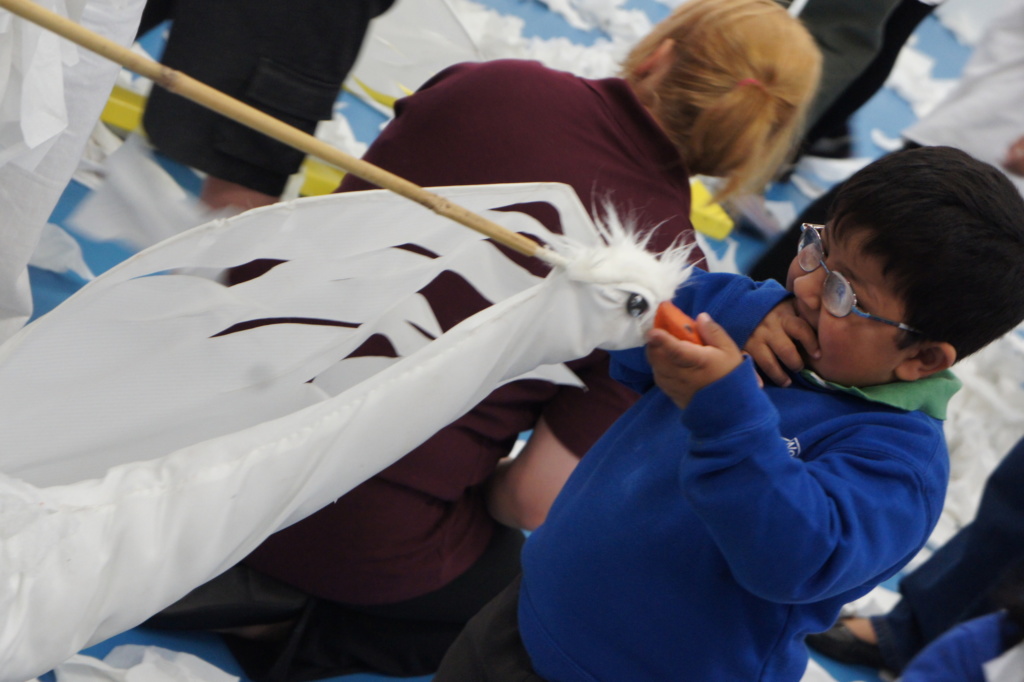
While large parts of the UK think that theatre started around the time of Shakespeare, people in Coventry know it has a much older history. The ten Coventry Mystery plays cover Biblical stories from Creation to Doomsday, featuring favourites such as Adam and Eve, Jesus in the Temple and Noah's Flood.
They were first performed in 1392 and one of the most dramatic - the Slaughter of the Innocents -lives on in the Coventry Carol, a sad lullaby sung by mothers of the doomed babies, which is often performed by Kings College Cambridge or Westminster Cathedral as part of nativity celebrations.
Moving forward to the twentieth century
Post-war Coventry became synonymous with theatre that was exciting and different. When theatre censorship was abolished in 1968 Coventry Cathedral was the setting for the first portrayal of Jesus Christ by an actor since the 17th century when Puritans banned theatre in 1642.
The Belgrade Theatre was the first civic theatre to be built after the Second World War in Britain and was named for the present day capital of Serbia that provided the timber. It kickstarted the careers of some household names including Ian McKellan, Michael Kitchen and Clive Owen. In the 60s it was a major venue bringing lesser known European playwrights to a wider audience.
The Belgrade pioneered Theatre in Education in 1965 as a way to use theatre and drama to create learning opportunities for young people. Actor-teachers from the Belgrade’s permanent TiE Company tour local schools where they would perform short pieces of theatre and lead workshops that allowed students to explore issues and ideas in active and creative ways. It was part of a movement of taking theatre out to people and involving the community.